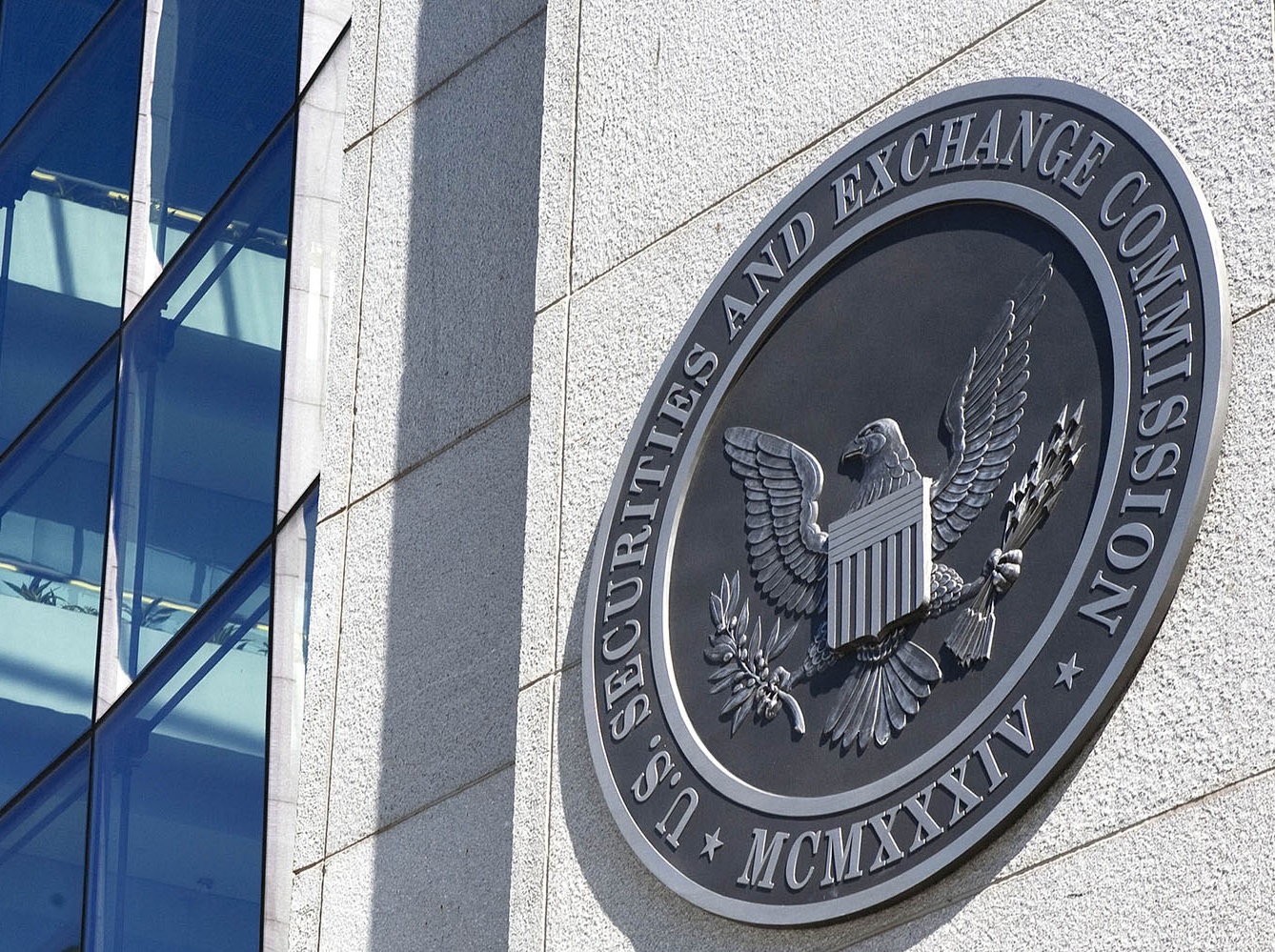SEC pays attention to cryptocurrency project after ripple prosecution
Decentralization proof is key
IRS applies federal income tax on cryptocurrencies
Expert “The scope of regulation will be expanded”
U.S. regulators drew a knife to regulate cryptocurrency. Starting with the U.S. Securities and Exchange Commission’s (SEC) Ripple prosecution, it also established cryptocurrency regulations and tax regulations. Accordingly, it is expected that cryptocurrency exchanges will have a significant impact on the domestic market as they successively delist cryptocurrencies that have been subject to regulation.
#SEC and Ripple are also watching other cryptocurrencies… IRS applies federal income tax on cryptocurrencies
In December of last year, the SEC prosecuted Ripple, the issuer of cryptocurrency Ripple (XRP). It is accused of issuing unregistered digital securities and raising $1.3 billion. When the news was delivered, cryptocurrency exchanges with subsidiaries in the US such as Coinbase and Binance US subsequently delisted XRP.
There was also news that the SEC is investigating many cryptocurrency projects besides Ripple. On the 5th, Adam Cochran, partner of Cinneamhain Ventures, tweeted that “TRX may be subject to US regulatory investigations.” He said on the 29th of last month that the SEC is investigating several cryptocurrency projects and companies besides Ripple.

He claimed last spring that a New York-based group accused the Tron Foundation of stock fraud. It also added that Polonics, a cryptocurrency exchange invested by Tron CEO Justin Sun, is only giving preferential treatment to Tron. Cochrane argues that if decentralization is not proven, Tron-based game dapps can be considered illegal goods by US regulators.
Justin Sun immediately refuted Cochran’s claim and said, “All affiliates, including the Tron Foundation and BitTorrent, have not been investigated by regulatory authorities such as the United States or China.”
The United States has tightened regulations and has also defined cryptocurrency. According to Forbes on the 5th (local time), the U.S. Internal Revenue Service (IRS) announced amendment to the 1040 tax filing guidelines.
The IRS defined virtual currency as’digital currency and various types of convertible virtual currency such as cryptocurrency’. According to the amendment, from 2020, if you traded cryptocurrency or earned interest through holdings, federal income tax may apply.
#”Other cryptocurrencies will also be regulated by the SEC… If there is an operating entity, it can be considered securities
Experts analyzed that the SEC’s actions on Ripple have already been announced several times, and that there has been room for interpretation of cryptocurrency as securities. Kwon Oh-hoon, an attorney at the Cha & Kwon Law Firm, explained, “The US regulation has a wide range of investment contract certificates. The issue is whether the blockchain is decentralized.” In the case of Ripple, it is regarded as a centralized blockchain in which issuing and operating entities exist. He predicted that “regulations will be applied to other cryptocurrencies in turn.”
Attorney Kwon said, “Since cryptocurrency is listed on the global market due to its nature, US regulations can have a direct or indirect impact on domestic projects.” He explained, “The domestic cryptocurrency may be delisted on the US exchange. Conversely, if a cryptocurrency that has been suspended in the United States is traded in Korea, it is unlikely that the United States will have a problem, but there may be a problem.” .
D Center Reporter Noh Yun-ju
